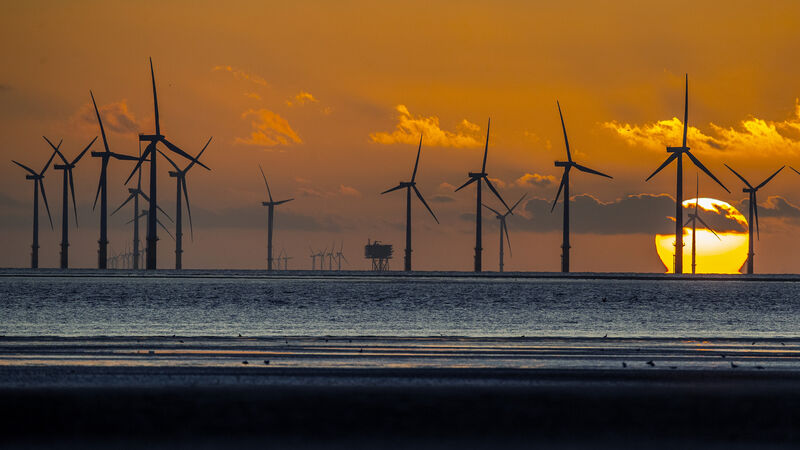Climate change: Move to cleaner energy 'far too slow'

The International Energy Agency concluded that many of the solutions to avoiding a 1.5°C rise in global temperatures are cost-effective.
The transition to cleaner energy is accelerating but remains far too slow if net-zero carbon targets are to be met by 2050.
That is according to the International Energy Agency's (IEA) World Energy Outlook 2021, in which it urged world leaders to use the upcoming COP26 event in Glasgow to commit to "an unmistakable signal of ambition and action from governments" on the climate crisis.
CLIMATE & SUSTAINABILITY HUB













